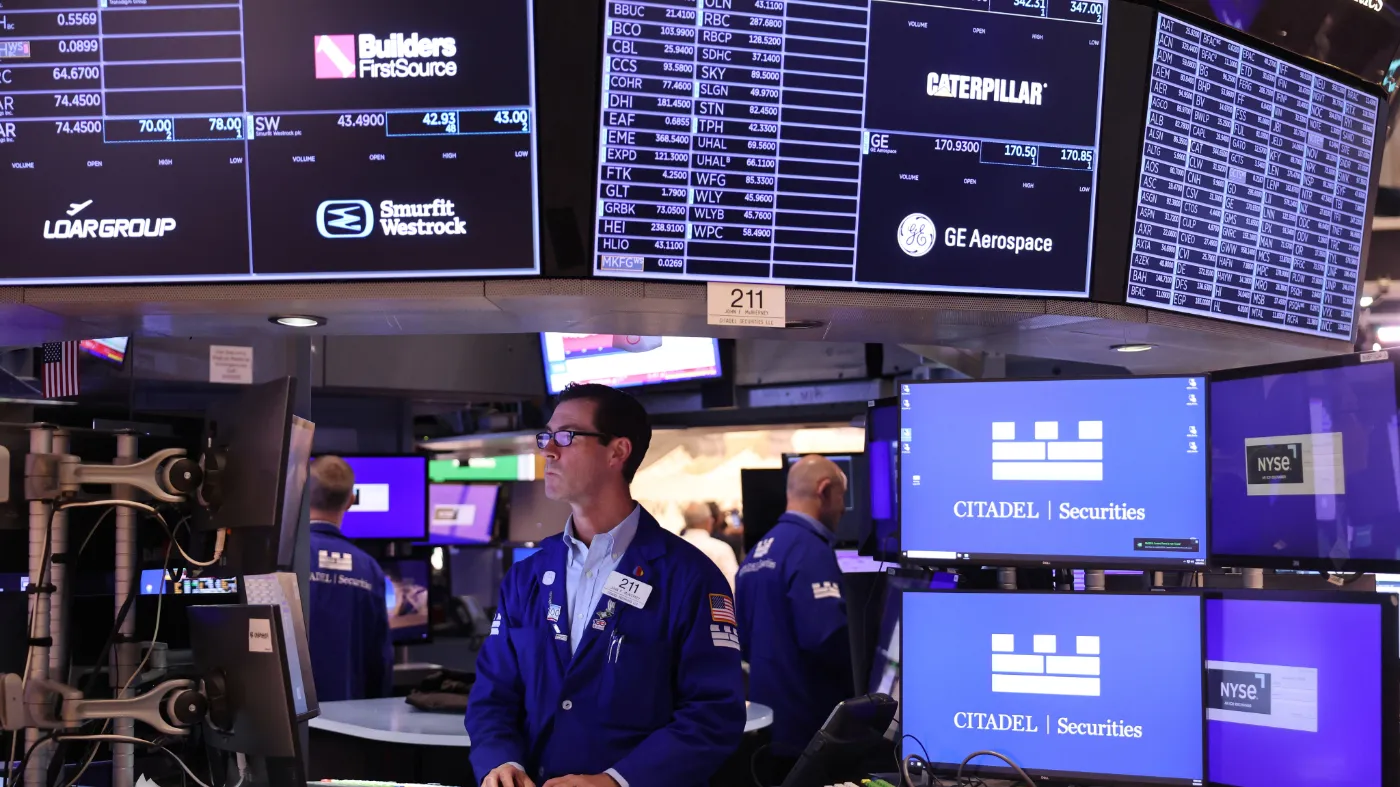Understanding Trade Sanctions Amidst the Ukraine War and Middle East Turmoil – Implications for Dollar and Interest Rates

Trade sanctions stemming from the Ukraine war and escalating tensions in the Middle East are raising significant questions about the future of the dollar and interest rates, especially in an election year.
Economic Sentiments Amidst Political Turmoil
Bank of America CEO Brian Moynihan suggests that, despite weakened sentiments among consumers, a recession may not be imminent. However, global stock markets have experienced volatility, raising questions about economic stability.
Middle East Geopolitical Tensions
- Iran continues to retaliate against actions in the region.
- The conflict poses risks to oil prices and shipping routes.
- Political dynamics in Israel complicate the forecast for stability.
Consequences of the Ukraine Conflict
- Pressure from ongoing battles could shift market dynamics.
- A potential shift in U.S. public finances raises questions about the stability of the dollar.
- Impacts on interest rates are expected as political uncertainties rise.
Looking Ahead: Market Safety and Investment Trends
Given the prevailing uncertainties, safe-haven assets like gold come into focus, although commodities could face pressure from a slow global economy. Moreover, the dollar will be under scrutiny as it traditionally serves as a safe haven, despite political risks originating from the U.S.
This article was prepared using information from open sources in accordance with the principles of Ethical Policy. The editorial team is not responsible for absolute accuracy, as it relies on data from the sources referenced.